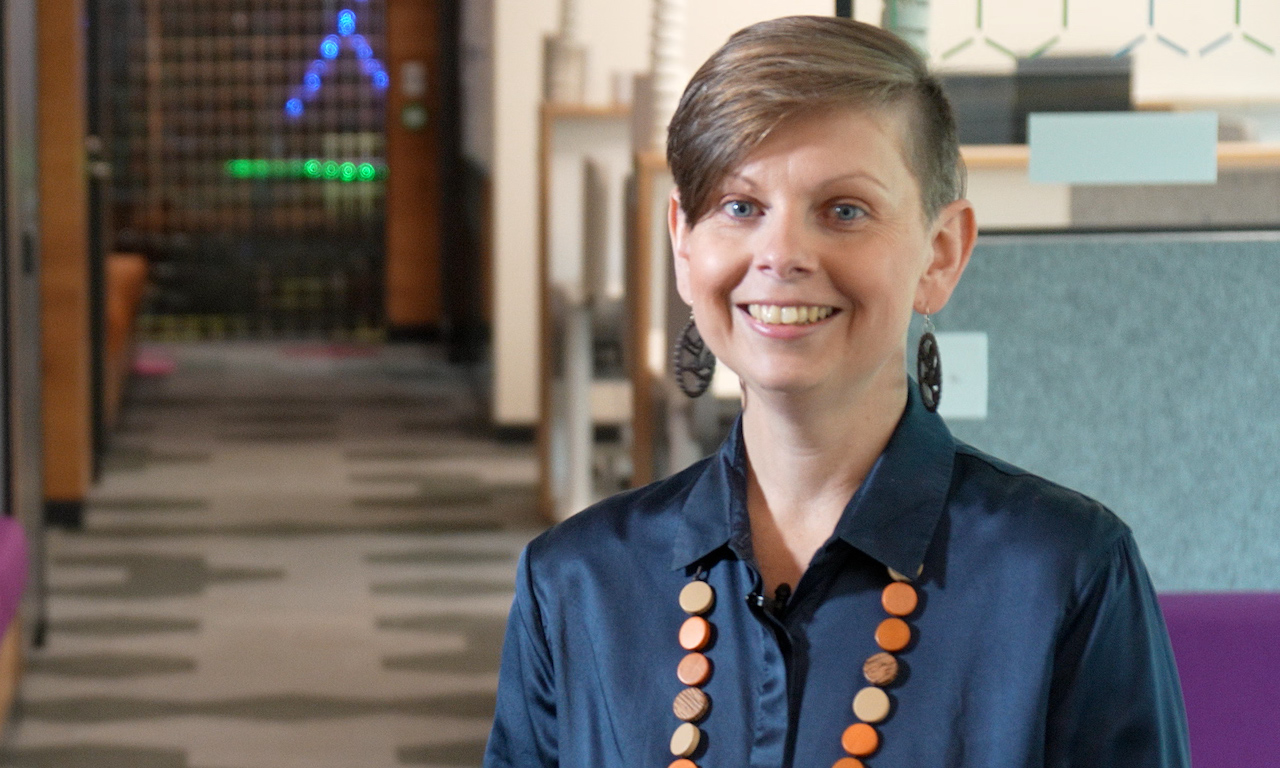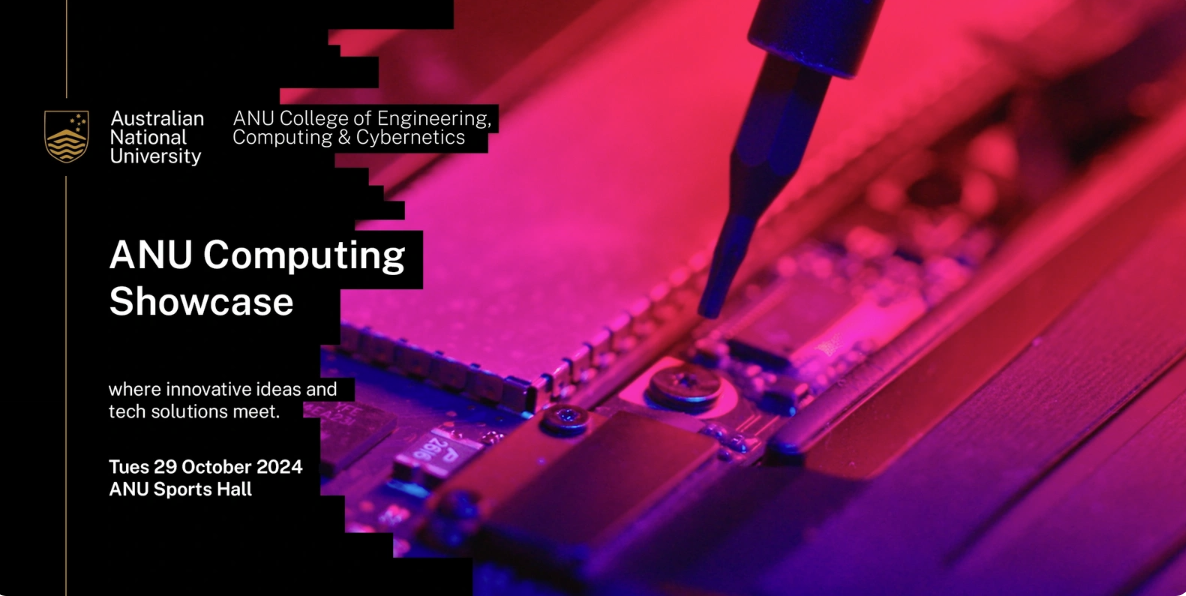Last week, Professor Genevieve Bell, the Vice-Chancellor of the Australian National University announced an ANU realignment: Renew ANU, to address budget pressures. Many Australian universities, and those in other countries, are experiencing similar pressures. This is to suggest some ways changes could be implemented to improve the education delivery by universities generally. This follows the broad approach I suggested in a submission to the Review of Higher Education. As with that submission, these suggestions are are my own, and may not represent the views of any organisation I am associated with.
Teach Students How to Learn, Work and Not Cheat
Universities could reduce costs and improve the quality of learning by teaching students study, teamwork, writing, assessment techniques (of the type which ANU offers in professional practice courses, such as Responsible Innovation and Leadership; and Holistic Thinking and Communication. This could be enhanced to identify students with specific learning difficulties. Rather than wasting staff resources investigating cheating, student can learn techniques to avoid charges of plagiarism, which will also be useful in their career to protect their own intellectual property.
New Courses on Technology and Society
ANU plans for consolidation are more modest that those in South Australia, where two universities are merging: University of Adelaide and the University of South Australia (I dropped in to visit them a few weeks ago). The ANU has proposed to include the Fenner School of Environment and Society, the Mathematical Sciences Institute, and Centre for Public Awareness of Science in the ANU College of Engineering, Computing and Cybernetics to create the ANU College of Systems and Society. Such mergers creates the opportunity for new cross fertilization between academics. Universities, I suggest, could and should be offering courses on the technical and social aspects of the major challenges Australia and the world are facing, including global warming.
Courses on technology and society can be offered by universities as part of conventional degree programs, as well as for microcredentials, and in service professional development. The University of New South Wales is building a new Canberra campus with an emphasis on courses for Australian Public Service (APS) staff, including using stackable microcredentials. This could be done using the format of courses such as COMP7310 ICT Sustainability. The Australian Computer Society commissioned me to design this course for in service professional development, to be delivered online. I then modified the course for ANU computer science graduate students, then again with an on campus option (Worthington, 2012). The same approach was applied for delivery of part of the ANU Techlauncher program (Worthington, 2019). This blended/online option was fortuitously added a few months before COVID-19 struck, allowing a switch from campus based to online delivery, with no changes in content or assessment (and a switch back to on campus).
Such courses can set context, and pose questions for students to address, rather than provide large quantities of technical content, which require constant revision. These courses can also use small regular assessment items to keep students working between major project tasks. Role in Teacher Tech Education
The ANU Centre for Public Awareness of Science is respected for its education of science communicators. Such centers at universities could help with the teaching of science and the use of technology in teaching and training. This could avoid duplicating programs offered in training in the vocational sector and university school teaching programs, addressing advanced requirements. This could be in cooperation with the centers most universities have for learning & teaching.
An example of the incorporation of an existing center in teaching is the way the ANU Careers & Employability unit teaches students about careers. Rather than wait for students to go to the unit for extra curricula advice, several schools of the ANU welcome the careers staff into the classroom to teach the students. Academic staff then set assessment to ensure students focus on the topic. This could be done with topic of teaching, which is part of many disciplines. This can be aligned with professional requirements for areas such as engineering and computing, using standards such as the Skills Framework for the Information Age (SFIA).
New Teaching Methods
Immersive Reality
Immersive Reality (XR): that is Virtual Reality, Augmented Reality and other forms of technology based simulation, offer ways to enhance the teaching of technical disciplines. Until recently this was prohibitively expensive for most teaching, due to the need for specialised devices, and teaching spaces. However, IR can now use student provided equipment (smart phones and low cost glasses), in standard teaching rooms (Cochrane, et Al., 2022).
The ANU School of Computing's Escape Room provides an example of low cost IR, being essentially a room dressed up with colored lights, but using very advanced pedagogy (Pereira Nunes, et.Al, 2024). The Escape Room is colocated with "The Hive" a simulation of a computer project workspace for Techlauncher Project students (Browne, et Al, 2020).
Hackerthons and simulations could also be used for education in addressing problems facing society. As an example the
Australian Crisis Simulation Summit rprovides a format for a learning activity which just needs assessment added.
Other Support for Experiential Learning
The ANU provides experiential learning in computing with the award winning Techlauncher program. Other ANU schools and other institutions have similar group projects as a capstone activity. While valuable for the student, and an essential part of professional accreditation, such programs are difficult to deliver and can be expensive without the right tools and pedagogy. The lessons learned from the Techlauncher program could be passed to others. As an example, the use of a reflective e-portfolio in the form of a job application (Worthington, 2019).
References
Browne, C., Boast, L. J., Blackmore, K., & Flint, S. (2020). Capstone
design projects, the project value map and the many eyes process:
balancing process and product to deliver measurable value to student and
client. The International journal of engineering education, 36(2),
586-599.
https://dialnet.unirioja.es/servlet/articulo?codigo=7342405
Cochrane, T. D., Narayan, V., Aiello, S., Alizadeh, M., Birt, J., Bone, E., ... & Worthington, T. (2022). Analysing mobile learning designs: A framework for transforming learning post-COVID. Australasian Journal of Educational Technology, 38(4), 1-21. https://doi.org/10.14742/ajet.7997
Pereira Nunes, B., Kaur, G., Chan, A., Sharpe, S., & Soto Ruidias, R. R.
(2024). Exploring Educational Escape Room as an Assessment Tool for
Computer Science Courses. In Proceedings of the 2024 on Innovation and
Technology in Computer Science Education V. 2 (pp. 803-803).
https://doi.org/10.1145/3649405.3659494
Worthington, T. (2012, July). A Green computing professional education course online: Designing and delivering a course in ICT sustainability using Internet and eBooks. In 2012 7th International Conference on Computer Science & Education (ICCSE) (pp. 263-266). IEEE. https://doi.org/10.1109/ICCSE.2012.6295070
Worthington, T. (2019, December). Blend and flip for teaching communication skills to final year international computer science students. In 2019 IEEE International Conference on Engineering, Technology and Education (TALE) (pp. 1-5). IEEE. https://ieeexplore.ieee.org/abstract/document/9225921/











